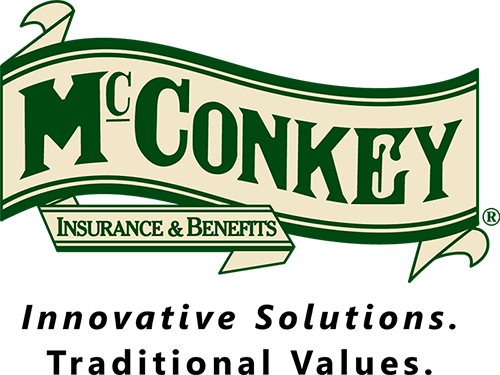
We often get asked, “Do I really need to buy this much insurance coverage?” That question is asked with increasing frequency when costs are going up on a policy that rarely pays, or has never paid, a claim. It’s important for businesses to evaluate expenses in challenging economic times, but equally important to make sure they are properly protected so they have the right coverage when they need it. Below is a brief summary of coverages that all contractors should be evaluating. All policies are not created equal, so it’s important to understand what the policy does and does not cover and whether it meets the company’s contractual obligations.
Required by Law and in Contracts
There are insurance coverages that are standard across the board for construction companies and often required in a contract.
- Workers’ Compensation covers any injuries or illnesses an employee incurs on the job. It also acts as an agreement that an injured employee’s medical expenses will be paid for, but the employee cannot sue their employer for damages beyond what the statute covers.
- General Liability insurance covers things like other contractors being injured on the job site or property damage caused to property not owned by that business. However- an important distinction to make- this does not cover the cost to repair or replace a contractor’s own work should they have built a faulty product.
- Automobile Coverage covers a construction company’s liability to third parties if any of their own vehicles injures another person or property. It also covers auto physical damage, meaning damage to their own vehicles.
- Umbrella or Excess Liability provides additional coverage limits above Auto, Employer’s, and General Liability coverages.
Frequently Required in Contract
Alternatively, there are insurance coverages that are frequently required in a contract, but may vary.
- Property Insurance is usually required by a bank or lender and covers the cost to repair or replace building or contents that is financed by a bank.
- Contractors’ Equipment covers equipment covers the cost to repair or replace equipment that is damaged by a covered cause of loss and can also provide rental reimbursement or business income while the equipment is being repaired.
- Installation Floater or Builders’ Risk Coverage covers damage or theft of materials and the project during the course of construction. Policies vary, but if written properly this policy would pay for all costs it took to rebuild a project to the state it was in immediately before the damage. This should include all labor and materials.
- Pollution Insurance covers injuries or damages to third parties due to pollutants. This could include asbestos, lead, silica, mold and gasses. Pollution claims are usually excluded under a General Liability policy.
- Professional Liability is also typically excluded from a General Liability policy for contractors and this policy would cover design errors of the contractor or design professionals they’ve hired.
Not Required But Still Recommended
Finally, there are some insurance coverages that are not necessarily required by law or in a contract, but most clients choose to purchase them.
- Employment Practices Insurance covers HR-related issues from harassment to discrimination to wrongful termination, as well as acts against other contractor’s at the jobsite or general public.
- Crime Coverage covers employee theft of money or material, and usually satisfies the ERISA bond requirement. This coverage has evolved to also cover some Cyber Crimes.
- Cyber Liability is increasingly important because there are risks with working from home, sending money online and storing information online. This policy was designed to cover breaches on your networks or data you’re responsible to protect and the same of others should you accidentally infect someone else’s computer with a virus. This policy can cover hacking and accidental or fraudulent money transfers.
- Fiduciary Liability covers management decisions about employee benefit and retirement plans. This policy will protect the plan fiduciaries personally.
- Directors & Officers coverage will protect company executives and board members for decisions that negatively impact the company.
Contractors’ face substantial risk every day and need their insurance coverages to respond at the time of a claim. Working with an insurance agent or broker who specializes in construction is imperative so they can make sure they are properly protected. Whether meeting a contract requirement or insuring a project under construction, McConkey’s Construction Division helps manage their risk so they can focus on running their business.



